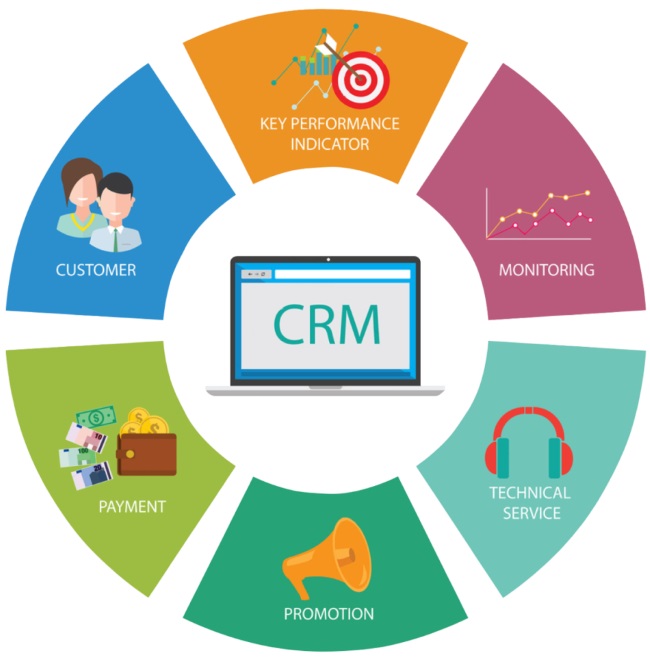Imagine, you have designed a user-friendly and easy to use photo-editing app, which contains a ton of advanced photo-editing features, such as adjusting colors, changing orientation, cropping, adding effects, stickers, fonts, removing red-eye, framing a photo and much more. But, how does the rest of world know that you have created a wonderful photo-editing app that can support on Android as well as on IOS devices?
Just sitting at home and hoping that your app goes viral is a waste of time. I can understand creating an app is a big job; however one needs to sincerely work hard. By implementing the best marketing plan to promote the app in the market, one can reach the relevant audience groups. Marketing is the key to the success of any product or service. The existence of any company without a proper marketing strategy is unheard of. It plays a pivotal role in making a product or a video become viral.
However, the majority of companies in the world spend millions of dollars every year on marketing tools and various strategies to promote their company products and services? Are you one among them? Do you invest tons of money on marketing but are unable to reap the maximum results? It’s time to brainstorm for an effective solution.
Customer Relationship Management (CRM) software is the best robust solution for marketing department to devise profitable marketing campaigns, boost a higher number of sales, identify and prioritize prospects and customers, segregate customer data into various targeted audience groups, send out relevant and personalized marketing messages to the focused customer groups, automate several marketing processes, boost team productivity and efficiency, as well as increase customer retention and much more.
Does your business use CRM software to support your marketing efforts? No! Then it’s time to implement CRM solutions in your business to create successful marketing campaigns and to make effective business decisions.
I would like to list out a few CRM techniques to create a better and winning marketing strategy for your business:
1. Send out Relevant Messages
Today, the business world is becoming highly competitive, and customers of today’s generation are having a wide range of options to choose from. Thanks to the every-growing promotions, marketing activities, and social media, consumers know their requirements, the kind of products they want, how much they can afford on a particular product, and so on.
For any business to survive in this increasingly competitive world, it is important to understand customer needs, wants, preferences, interests, buying patterns, spending habits, past purchases, demographics, gender, age, type of company their work for, size of the organization, profession, income status, industry, background, social media activities, and other relevant personal information. The marketing department can use this information to segment customers’ according to the industry type, job, age, gender, income status, purchase history, and location into relevant and targeted audience groups to send out personalized and individualized marketing messages. These personalized messages will address customers and prospects by their name and tailor the marketing content based on the specified group’s interests.
Customer data segmentation highly benefits a company to deliver the right messages to the right audience at the right time, impresses your customers’ with personalized promotional content, engages your audience in a better way, improves customer satisfaction levels, increases conversation rates, boosts response rates and provides a better sense of who your customers’ are.
2. Identify Gaps in Sales Cycle
The CRM system will identify the strengths and weaknesses of your marketing campaigns. It is designed to measure the impact levels of each of your marketing activities during the sales cycle. It will figure out when a lead has turned into a prospect, as well as how much time it took for a prospect to become a buying customer. This vital analysis is important for any business to identify the gaps in the sales cycle, and to understand the stage in the sales cycle where your prospects and clients are losing interest in your business. Once you have identified the major drawbacks in the sales process, it’s time to take all the necessary steps to avoid loopholes in the sales cycle and devise a better strategy to engage with your prospects and customers in a meaningful way.
3. Allocate Sufficient Resources for Marketing Campaigns
Budget plays an important role in running a profitable marketing campaign. However, it is not an easy task to allocate sufficient resources to various marketing campaigns. At first, you should have a clear understanding on which marketing campaigns are yielding profitable results, and which are under-performing. Utilize the solutions of the CRM system to gain a vivid picture of your marketing campaigns’ performances. The data collected from this analysis can be used to make informed business decisions on how to allocate budgets to the current and new marketing campaigns.
Today’s CRM is not just a simple tool to collect customer contacts; it is a robust solution to manage various marketing activities efficiently. You can use the modern CRM system to create successful marketing campaigns, identify targeted prospects and customers, compose personalized and individual marketing messages, automate email marketing campaigns, study customer behavior patterns, and the list continues on.
